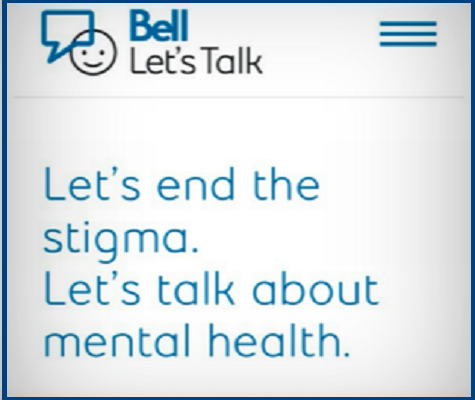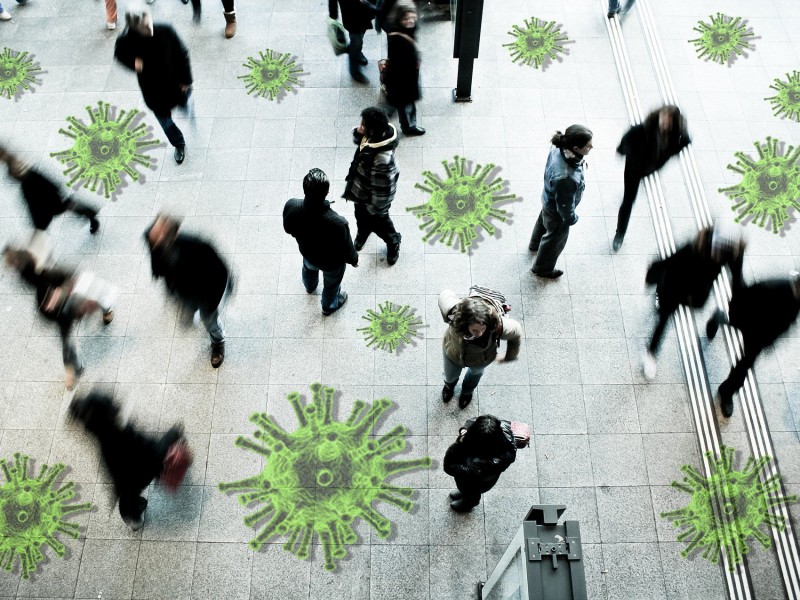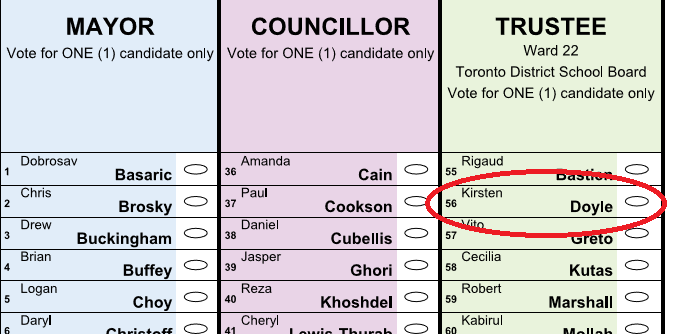Mental illness exists in the fabric of every society. It does not know geographic, educational, economic or cultural boundaries. Almost a quarter of deaths among Canadians aged 15 to 24 can be attributed to suicide. And yet people are afraid to talk about it. About half of those who believe they are going through depression or anxiety do not seek professional help. This is especially a problem among children with mental illnesses, with only one in five receiving the help they need.
(Source: Centre for Addiction and Mental Health)
The stigma associated with mental illness is very real, and the only way to overcome it is by talking about it. In an effort to participate in a much-needed global discussion on the issue – a discussion that really needs to be ongoing – I asked some of my friends why mental health awareness matters to them. Their responses are below, shared with their permission, on condition of anonymity.
“Mental health awareness matters to me because I feel that my PTSD makes me defective, and of less value than my mentally healthy peers. I sometimes feel alone even when I am among people, and that bubble of isolation can be terrifying.”
“Mental health awareness matters to me because it is so grossly misunderstood by so many people through ignorance on their part.”
“Mental health awareness matters to me because it is a silent and misunderstood illness – one that nobody talks about because it is still taboo. Take the fear away for those of us who suffer in silence because no one wants to help.”
“Mental health awareness matters to me because nobody should be made to feel inferior, weak or ashamed for having a mental illness. You would never tell a diabetic that he can produce enough insulin if he’d only try hard enough! Anti-depressants are not “happy pills”. They are medications that can regulate brain chemistry so that a person can function. Having a mental illness does not mean that you are in any way inferior to anyone else – in fact, many people with mental illnesses have lived extremely successful lives. It is important to remove the stigma from these diagnoses so that more people can admit to having a mental illness, can be helped to live their best lives, and can mentor others who have the same challenges. The best thing I ever did for my family was to check myself in to a Psychiatric hospital for six weeks to get to the root of the depression that I’d been living with since I was 18 years old. I will probably need to take anti-depressants for the rest of my life, but it’s a small price to pay for living a “normal” life. I hold a full-time job and have a great relationship with my husband and children. It took years of therapy and “trial and error” to find the correct dosage and meds for me, but I’m proud of the person I am now. I consider myself a Depression Survivor. That’s why I’m willing to share my story with the world.”
“Mental health awareness matters to me because I’d go more crazy if I thought it was only me.”
“Mental health awareness matters to me because my fourteen-year-old son was a pallbearer for a fourteen-year-old friend eleven days before Christmas, and that’s horrific.”
“As someone who does struggle with depression, mental health awareness means it’s becoming more okay for me to admit that I am not okay. But there are still caveats to that which need to go away. It’s still a stigma for me to admit, particularly in the high-stress, cut-throat industry I am in, that I struggle sometimes to even get out of bed. That a shower feels like a victory. That I get home at night from a day of wearing a happy, hyper-competent mask, and collapse with barely enough energy to get a meal on the table. So while mental health awareness for me makes it easier to talk about my issues among friends, I’m hoping that those conversations begin to permeate corporate Canada and that the mental health of employees is taken seriously.”
“Mental health awareness matters to me because my mother was severely mentally ill, and it caused the children in our neighbourhood to fear her and harass us about our mother being a “witch” (to be fair, she did consider herself a “good” witch and wasn’t afraid to burn her candles in the back pasture at night).”
“Mental health awareness matters to me because I have been diagnosed bipolar, and both the boys are autistic, and the more awareness there is, the less damning a diagnosis is.”
Bell
January 25, 2017 is Bell Let’s Talk day in support of mental health initiatives. Join the global discussion today – Bell Canada will donate 5c to mental health initiatives for every post on Twitter or Instagram that includes the #BellLetsTalk hashtag.





'Mental Health Awareness: Join The Conversation' has no comments
Be the first to comment this post!